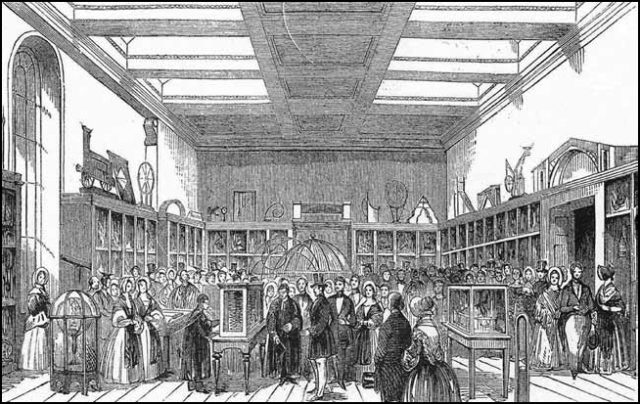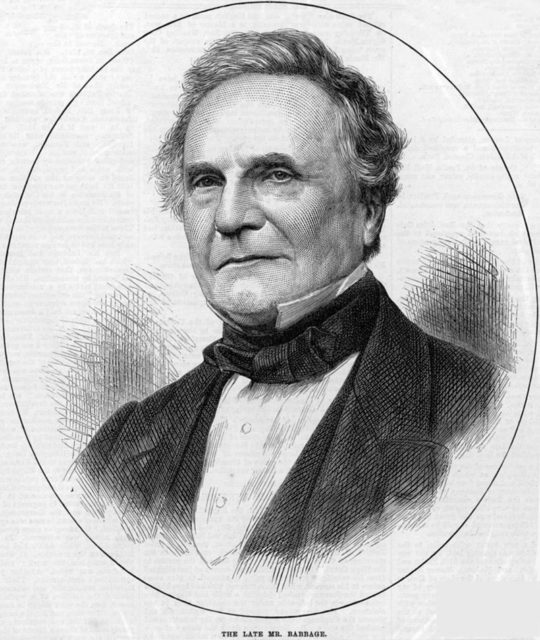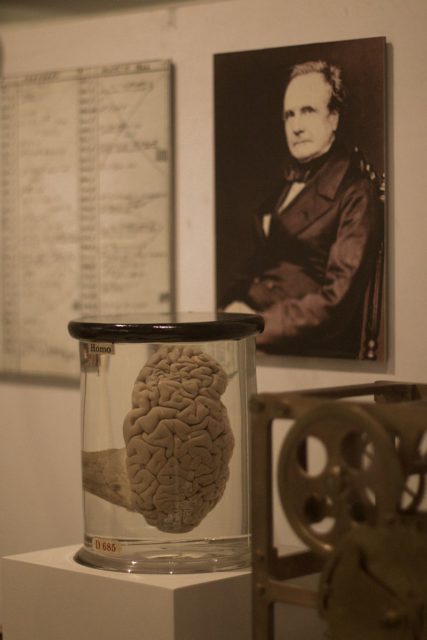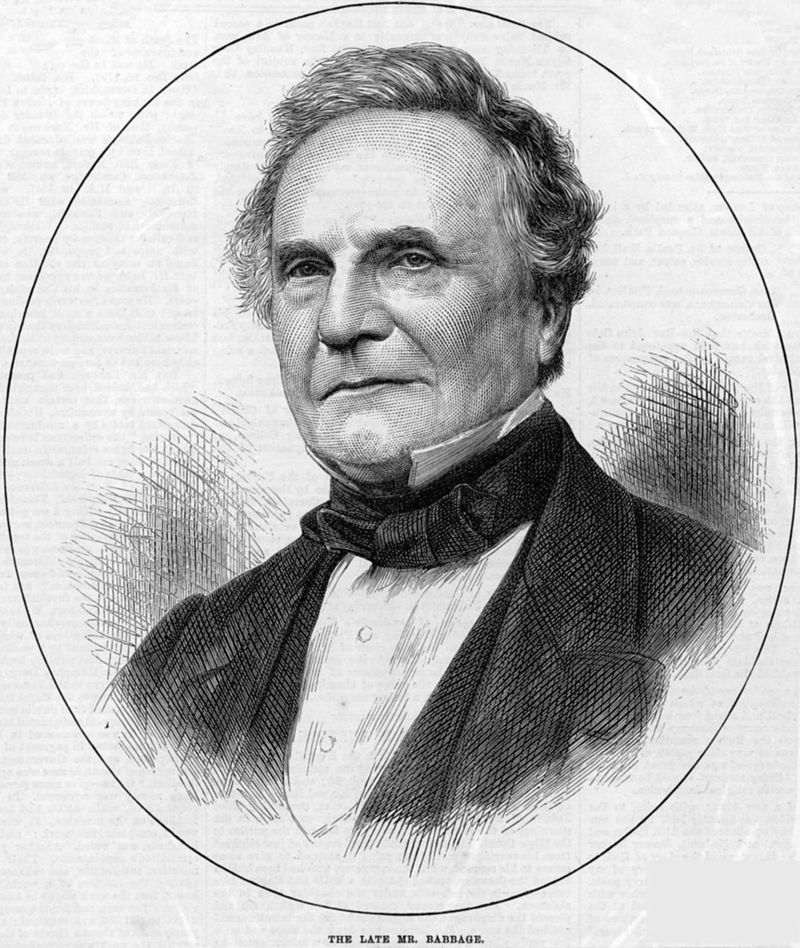Nowadays, English mathematician and inventor Charles Babbage is often credited as “the father of the computer”. He was the first scientist ever to demonstrate the idea of a programmable machine, an idea essential to the invention of the computer and the advent of digital age.
He designed and built the analytical engine, the first functioning machine remotely resembling the computers of today.

Babbage enjoyed worldwide academic praise and fame in his later years, but his academic years started with quite a bad reputation.
He attended the Trinity College at the University of Cambridge from 1810 to 1814 and was an exceptional student who was way ahead of his colleagues because he was self-taught in some spheres of contemporary mathematics. However, he destroyed his reputation by being accused of blasphemy.
Like many prominent historical inventors and mathematicians, Babbage came to question the idea of God as propagated by the Christian Church. This was an inconvenient matter in Victorian England, as theological dogmas were not to be disputed.
In 1814, Babbage wrote his graduate thesis in which he expressed his progressive views on religion and firmly stated that God was more of a material agent in this world than a spiritual force.

As a result, he was accused of blasphemy both by his professors and by the then members of the academia. Although he was among the best students of his class, he did not graduate with honors, and received his degree without examination.
Despite his destroyed reputation, Babbage quickly managed to progress in scientific circles due to his unprecedented brilliance. In 1815, a year after graduation, he managed to get a teaching place at the Royal Institution.
From then on he continued onward and became one of the most celebrated scientists of the 19th century. He was considered exceptionally intelligent, so his brain was posthumously removed, studied, and can be seen today in the Science Museum in London.

Babbage’s contemplation on theological subjects didn’t end with his graduate thesis. Although history remembers him as a pioneering mathematician and inventor, throughout his life he continued to publish philosophical essays on religious subjects.
Read another story from us: Monty Python’s “Life of Brian” accused of blasphemy
He maintained his belief that God can be experienced through science, and that science can be used to come closer to God.
